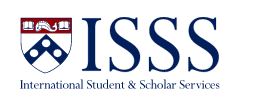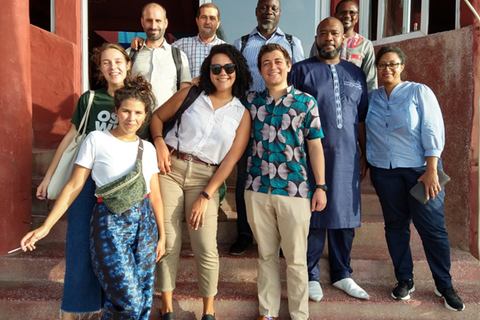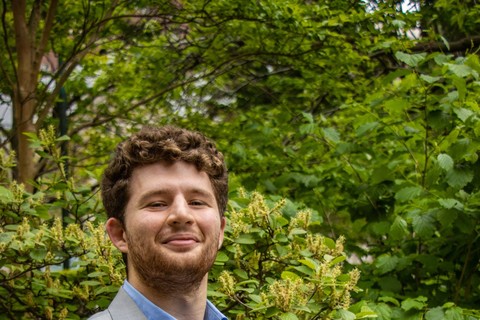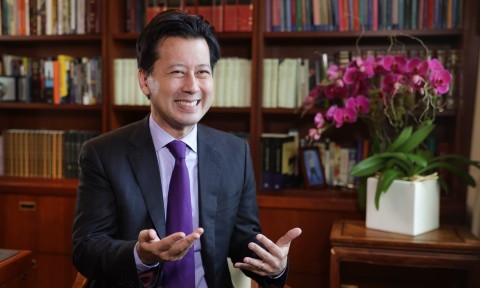Information for International Students
In general, not being a U.S. citizen or permanent resident adds a level of difficulty to a job search, but there are employers who are willing to hire foreign nationals. It will depend on the industry and the employer. Practical Training work authorization offers students who have studied in the U.S. on F-1 visas the opportunity to work for up to twelve months in a field related to their studies; J-1 students may apply for Academic Training.
If you hope to remain in the U.S. for longer than the period of your Training, it is especially important to plan ahead with ISSS. Understand the bases on which you may stay long term and be prepared to explain them to an employer. For reasons beyond your control, an employer must sponsor you for an H-1 visa in order to hire you after your Training period expires, and thus you will impose more paperwork and slightly more expense on an employer than will a U.S. citizen or permanent resident.
Career Services can help you in your job search both in America or overseas. We work closely with International Student & Scholar Services and Penn Global in serving our international students.
New Resource Alert!
The #1 place international students get career, immigration, and networking support.

Interstride is here to help you throughout your entire journey as an international student. Interstride has partnered with over 180 universities and has provided the foundational tools for your professional growth. Questions about your immigration journey, community building resources, and career opportunities? Check out this growing platform for all and more!

International Student Career FAQs
We know that there are a lot of questions facing international students when it comes to the job search. From disclosing visa status to subtle cultural differences in the US job search, it can feel overwhelming. Career Services has compiled some of the most frequently asked questions we get to help you start your job search.

International Student & Scholar Services
Work closely with Penn Global’s International Student and Scholar Services (ISSS). Staff at ISSS are the campus experts on work permission and immigration regulations. Don’t assume that because you spoke with an advisor in ISSS a year ago, you know what you need to know now. Regulations change constantly, and ISSS can acquaint you with current requirements and help you avoid being offered a job but having no legal basis upon which to accept it.

Networking
Networking can help you learn about different types of jobs/industries, find mentors to ask advice of, and can even sometimes make you aware of job leads. Even with all of its benefits, networking can feel intimidating at first! Consider reaching out to alumni from your home country on MyPenn, LinkedIn, or through international Penn alumni clubs. Once you’ve found people you want to network with, check out our guide to help you conduct effective informational interviews.

Find Resources
On this page, we’ve compiled many resources to help you prepare for a career in the life or physical sciences. Of particular interest should be our industry specific job boards, as well as various scientific professional organizations.
New for Fall 2023: We are pleased to offer Interstride, a comprehensive resource for international students needing assistance with their job search in the United States or abroad!













